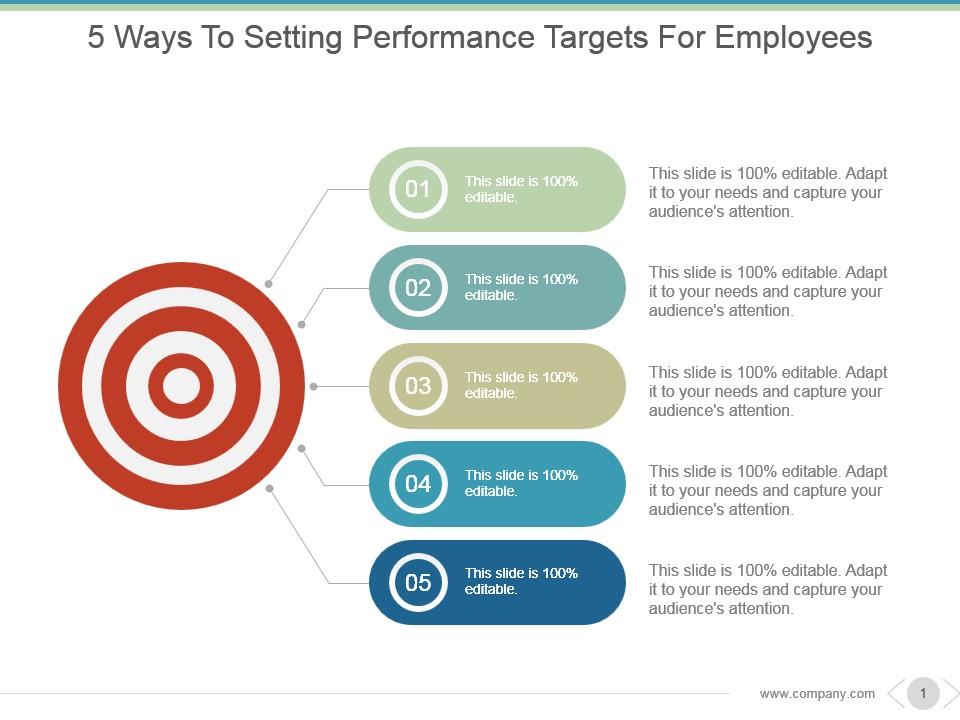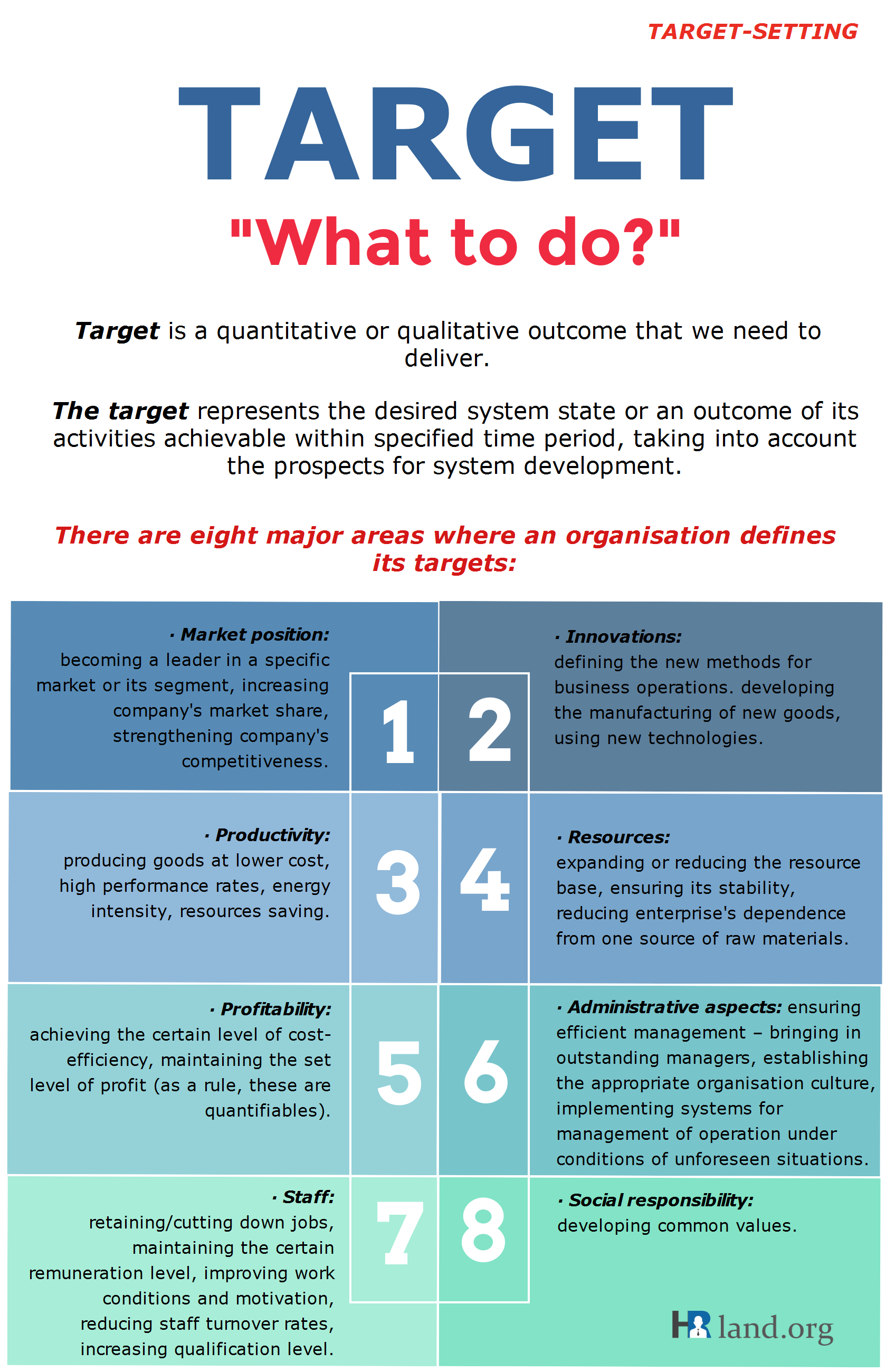Employer Setting Unachievable Targets

Mounting employee complaints are flooding HR departments nationwide: employers are setting targets deemed utterly unattainable, pushing workers to their breaking point. Experts warn of a potential productivity crisis and a surge in burnout if companies don't recalibrate expectations.
This article examines the growing trend of unrealistic performance goals, its impact on worker well-being and productivity, and potential legal and ethical ramifications for companies.
The Unrealistic Demands
Workers across various sectors, from tech to retail, are reporting unprecedented pressure to meet targets far exceeding reasonable capacity. Some are reporting increases of up to 50% in quotas without commensurate increases in resources or support.
Anonymous sources within a major telecommunications firm revealed that sales teams are now expected to close 30% more deals per quarter. This is despite a shrinking market share and increased competition.
“It’s simply impossible,” one sales representative stated in an internal email leaked to the press. “We’re being asked to perform miracles with fewer resources.”
The Human Cost
The relentless pursuit of these impossible goals is taking a significant toll on employee mental and physical health. Reports of burnout, anxiety, and depression are surging.
A recent survey by the American Psychological Association (APA) found that 79% of employees reported feeling stressed at work. Of those, 41% attributed their stress to unrealistic workload expectations.
Absenteeism is also on the rise, further straining already overstretched teams. This creates a vicious cycle of increased pressure and diminished performance.
Legal and Ethical Concerns
Experts warn that consistently setting unattainable targets could expose companies to legal challenges. This includes claims of constructive dismissal, discrimination, and violations of labor laws.
“If an employer creates a work environment so intolerable that a reasonable person would feel compelled to resign, that could be considered constructive dismissal,” warns employment lawyer Sarah Chen of Miller & Zois.
There are also ethical considerations. Pushing employees to the brink simply to boost short-term profits is increasingly being viewed as unsustainable and unethical.
Industry Response
Some companies are beginning to acknowledge the problem and are taking steps to address it. This includes revising performance metrics, providing additional training and resources, and promoting work-life balance.
Microsoft, for example, recently announced a pilot program aimed at reducing meeting overload and promoting focused work time. This followed internal surveys showing high levels of employee burnout.
However, many companies remain resistant to change, clinging to outdated management philosophies that prioritize output over employee well-being.
What's Next?
The situation remains fluid. Labor advocacy groups are calling for increased government oversight of workplace practices and stricter enforcement of labor laws.
The National Labor Relations Board (NLRB) is reportedly investigating several companies suspected of creating hostile work environments due to unrealistic performance expectations.
Employees are encouraged to document instances of excessive workload and report them to the appropriate authorities. Further developments are expected in the coming months as legal challenges and public pressure mount.


















